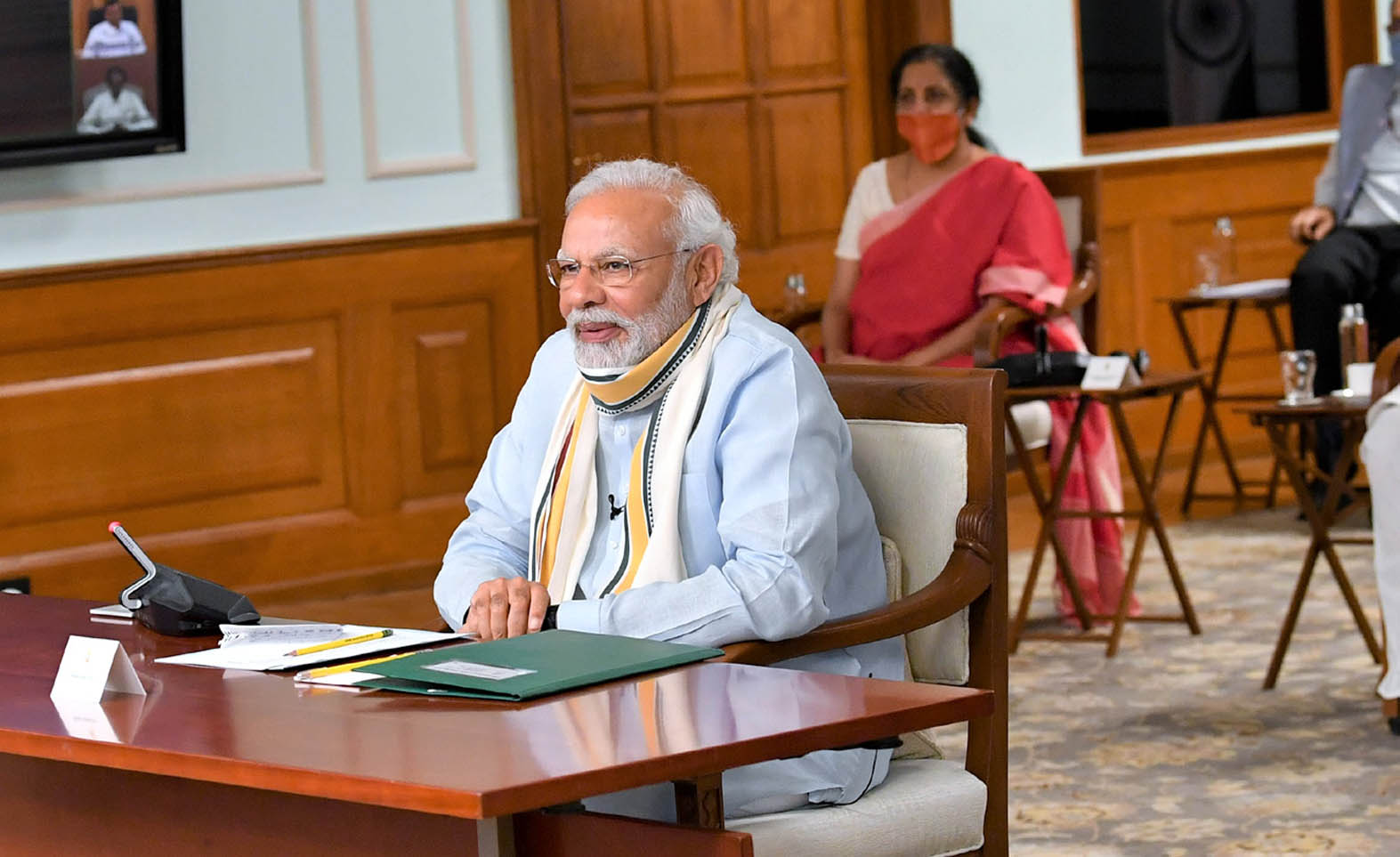
August 15, 2024
The 'Viksit Bharat' initiative targets transforming India into a developed nation by 2047, with public participation crucial in sectors like manufacturing and traditional medicine
Banking sector reforms have strengthened Indian banks, positioning them among the world's most robust financial institutions
The Jal Jeevan Mission has provided potable water to 15 crore families, showcasing the government's commitment to improving essential services
'Vocal for Local' and 'One District, One Product' initiatives are central to India's economic strategy, promoting domestic production and exports

On India’s 78th Independence Day, Prime Minister Narendra Modi delivered his longest-ever speech from the iconic Red Fort, presenting a comprehensive roadmap for the nation’s economic future. Under the Viksit Bharat initiative, he outlined ambitious targets and initiatives to transform India into a developed nation by 2047. This vision emphasises the importance of public input, particularly in manufacturing and traditional medicine.
Modi set the ambitious goal of making India the world’s third-largest economy, urging citizens and policymakers to work together without delay to achieve this milestone. He also highlighted the significant progress in India’s banking sector, where reforms have transformed Indian banks into some of the strongest in the world.
The Prime Minister noted that infrastructure development over the past decade has been remarkable. He noted that it has greatly improved the ease of living for all Indians. He underscored this by citing the expansion of health infrastructure, the construction of Amrit Sarovar reservoirs, the development of concrete roads in villages, and the introduction of electric buses and metro rails.
The Prime Minister also celebrated the success of the Jal Jeevan Mission, which has already provided potable water to 15 crore households, further demonstrating the government’s commitment to improving basic amenities. Additionally, Modi acknowledged the economic empowerment of 10 crore women, a significant achievement in India’s socio-economic landscape.
In his speech, Modi reiterated the importance of the ‘Vocal for Local’ campaign, urging citizens to support domestic products as a cornerstone of India’s economic strategy, known as Arthatantra. He also promoted the ‘One District, One Product’ initiative to boost exports and economic diversity by encouraging districts to specialise in unique products, fostering pride and economic self-reliance.
Modi highlighted the increasing interest of international companies in investing in India and urged state governments to create investor-friendly policies to attract global investments. He also stressed the need for India to focus on designing products not just for domestic consumption but for global markets, underscoring the importance of innovation and global competitiveness in India’s economic strategy.
Energy self-reliance is another key goal, with Modi noting India’s significant strides in renewable energy compared to other G20 nations. The Prime Minister also emphasised the importance of eradicating corruption, describing it as a societal issue that undermines public trust and national progress.
Modi identified the burgeoning global gaming industry as a sector where Indian professionals should take the lead in gameplay and developing games that reflect India’s rich cultural heritage. He also outlined the government’s focus on comprehensive skill development across all sectors, aligning with the Industry 4.0 revolution and the ‘Skill India’ initiative.
India is emerging as a global hub for defence manufacturing, and Modi proudly states that the country now has its own identity in this crucial sector. He describes how modern systems and best practices are integrated in sectors like tourism, MSMEs, and agriculture, with technology playing a key role in this transformation.
The focus on green growth was highlighted as a dual strategy to create employment opportunities while contributing to environmental protection, aligning with global climate change goals. Modi also reflected on how the global perception of India has transformed, with CEOs of Indian origin leading major global companies, symbolising India’s growing influence.
Finally, the Prime Minister emphasised the vast opportunities in the space sector following the success of Chandrayaan, particularly for startups, and announced dedicated funds for research in this high-potential area. He highlighted how India’s educational institutions nurture talent in the space sector, with the government earmarking funds for further research and development in this critical field.
Source: Firstpost